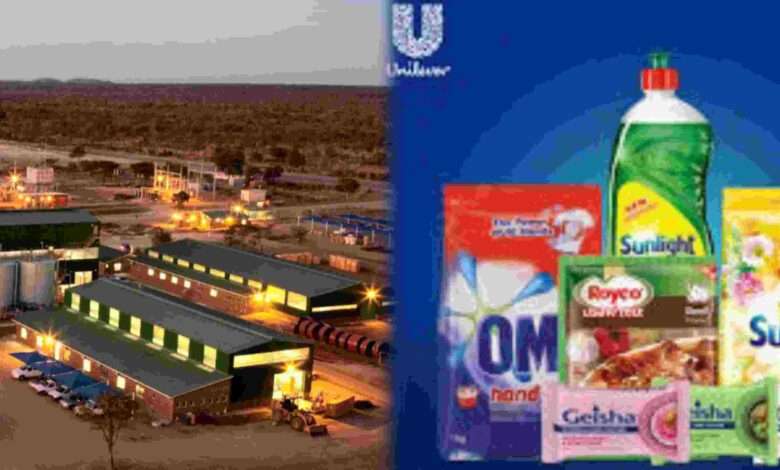
ZimPlats Profits Decline | Unilever Ditches Zimbabwe
In a recent financial report, Zimplats, the largest platinum producer in Zimbabwe, revealed a significant drop in annual post-tax profits. Last year's profits of US$205.5 million plummeted to just US$8.2 million this year. However, the company remains optimistic about its future prospects, with two critical projects on the horizon.
Truworths Faces Corporate Rescue Amid Market Challenges
The sharp decline in profits was attributed to the challenging market conditions, including a steep drop in metal prices. Despite these headwinds, Zimplats invested a substantial US$440 million in key projects during the fiscal year ending in June. This represents a 45% increase compared to the previous year's spending. Notable ongoing initiatives include the replacement of older mines, the construction of a solar plant, and the expansion of processing facilities.
Although Zimplats sold more minerals during the same period, the impact of low prices offset the gains. Sales volumes rose by 6%, reaching 641,000 ounces of platinum group metals (PGMs), while mined volumes increased by 5%. However, revenue declined from $962.3 million in June 2023 to $767.1 million in June this year.
Zimplats' financial statement highlighted specific figures: profit before tax fell to US$37.6 million (compared to US$286.8 million in FY2023), and income tax expense reached US$29.4 million. The increase in deferred tax expense—US$17.2 million—was driven by the change in corporate income tax rate from 24.72% to 25.75%. Ultimately, profit after tax dropped to US$8.2 million (compared to US$205.5 million in FY2023).
ZimPlats Profits Decline | Unilever Ditches Zimbabwe
Despite these challenges, Zimplats remains committed to growth. Notably, the company has invested US$387 million in expanding its smelter and sulphur dioxide abatement plant. The addition of a new 38MW furnace will significantly boost Zimplats' smelting capacity.
In other business news, Unilever, which has operated in Zimbabwe for 80 years, is making a strategic shift. The company plans to exit the country and transition to a model that relies on local distributors rather than its own channels. This move aligns with Unilever's broader strategy of scaling back operations in some African markets.
The decision sheds light on the challenges faced by investors navigating Zimbabwe's currency fluctuations and the decline of formal retail. Unilever's internal memo emphasizes efficiency and growth, aiming to better serve Zimbabwean consumers through local distribution firms. While this change marks the end of decades of Unilever's operations in Zimbabwe, the company remains committed to supporting economic development in the nation.
Corporates Abandon CBD Opting for Suburban Areas
Unilever assures that its brands will remain accessible during the transition, and it will formulate a long-term strategy to empower Zimbabweans economically. The shift underscores the dynamic landscape of business in the region and the need for adaptive approaches to thrive in challenging environments.


























